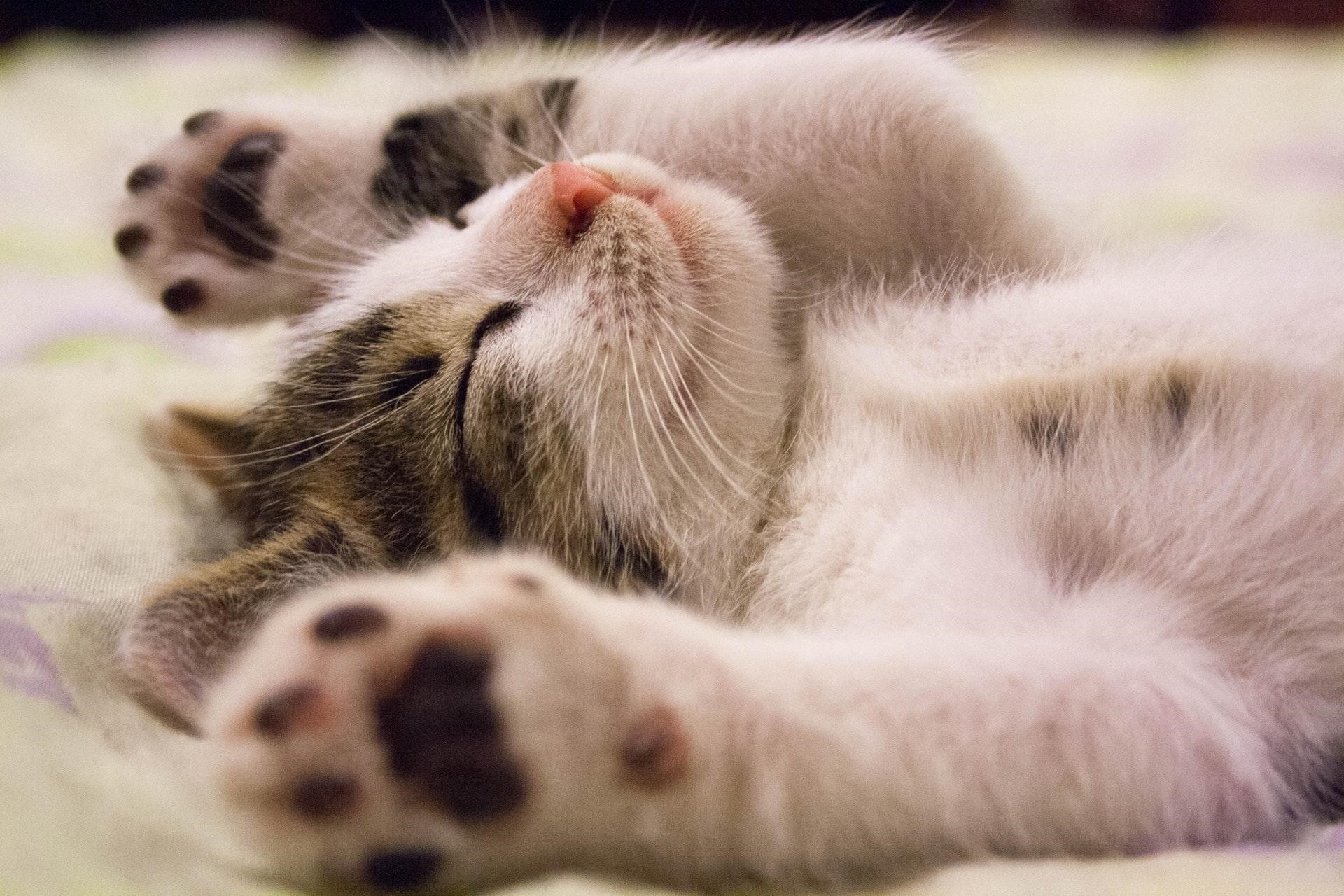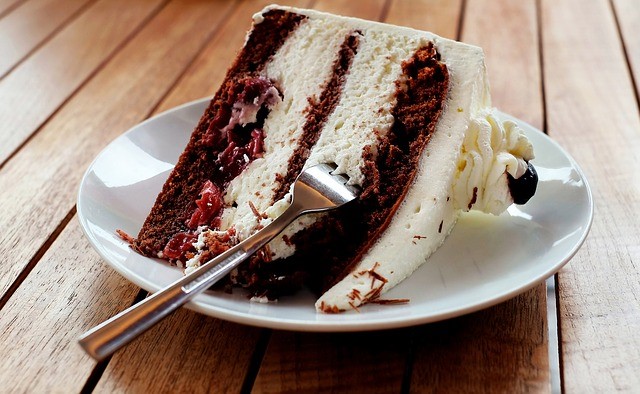Pillow Talk: Soothing Advice for Sound Sleep Every Night.
You know those people who hit the sack at a normal hour, fall asleep quickly and soundly, just to wake up to a new and fresh day? We’re not one of those; going to bed is as tedious as it was when we were five. We keep a turbulent relationship with our bed, making it our worst enemy when we try to fall asleep at night and finding it to be the best of friends when we wake up groggy and tired in the morning.
 Image source: Pexels
Image source: Pexels
Call it a bad cycle if you will or simply a lucid nightmare you can’t wake up from. Luckily for us, people have struggled with the same since the dawn of time, so we’re in excellent company. Some of them managed to overcome it by making use of these brilliant sleeping hacks – while the rest of them are still out there somewhere, restlessly tossing and turning.
Have a large cup of reverse psychology
If you’ve struggled with falling asleep within the first couple of hours of going to bed since you were little, you’ve probably heard the most common advice. We’re going to skip those; they’ve been tried, tested, dismissed, and there simply isn’t enough imaginative sheep out there to help you drift off.
With everything you do in life, falling asleep is probably the only thing where hard attempts will make you fail. It’s kind of suitable for the whole sleep concept, come to think of it; tirelessly trying to make yourself fall asleep is going to keep you up, so could it be that trying to stay awake will help you fall asleep? It could very well be, according to this study. Try it out for yourself the next time you’re tired of trying to make yourself fall asleep.
Prep your bedroom
In the middle of the night, when you’re at your most awake as usual, try to notice if there might be aspects of your bedroom that affects your sleep quality. Regardless of whether you keep waking up and struggle with going back to sleep or if you just find falling asleep in the first place to be difficult; your bedroom might be holding your sleep in a tight and suffocating grasp.
First of all, the temperature should lean slightly towards cool rather than warm. If you’re one of those who hates the thought of hitting an ice cold and uninviting sack at the end of the day, look for alternative ways of staying warm in bed rather than heating up the whole room.
Comfortable bed sheets that keep you warm while allowing your skin breathe easily, a heating bottle by your feet and a mattress that’s good for your back as well as your sleep are perfect areas to focus on. Have a look at http://bedsheetadvisor.com/ for some soft and luxurious bed sheets that certainly won’t make your night any worse.
 Image source: Pexels
Image source: Pexels
Buying a new mattress is hard on your wallet, no matter how sleep deprived you are. The benefits you’ll be able to reap, however, make it one of your top three investments to prioritize – just think about the amount of time you actually spend in bed. A poor mattress can do more damage than to steal precious hours of sound sleep; it’s terrible news for your back, might be the cause of those headaches, and can even lead to allergies as well as depression with time.
A good place to start is at www.goodhousekeeping.com as they have an excellent mattress buying guide. It’s no joking matter so get out there and find the best on for your back – sooner rather than later, to put it like that.
Prep your mind to sleep
If you don’t suffer from a specific medical condition, it’s most likely anxious thoughts keeping you up at night. It’s the hard, cold reality of struggling with falling asleep and the only thing we can do is to start with ourselves. Even though you may disagree as you’re not lying awake and bothering yourself with problems and trivialities, being anxious is sometimes difficult to realize.
Some notice this when they’re in a social setting, on the phone, or dealing with new people; their pulse goes up a bit, and sweating might increase – but they won’t seem nervous or stressed at all. They still are, though, and may only notice the symptoms of it rather than the actual feeling of stress.
When you’re having problems falling asleep, it’s often due to your mind affecting your body the same way – and just like the slightly anxious socializers, you only notice the symptoms of it when you can’t sleep.
An excellent way of dealing with this and becoming a happier you, in the long run, is to start practicing meditation techniques and other tricks to help yourself relax. First of all, stay away from social media and news reading before you go to bed. Focus your attention on rituals that you know as calming; have a long bath, indulge in soothing aromas to feel your pulse slow down, and feel how your body is starting to unwind.
As soon as evening comes, start to do everything a bit slower; read steady and calmly, talk slowly, listen to your thoughts and allow them to drift through. You’re going to be your own evening hypnotist from now on and have to be prepared to fool yourself slightly – it’s what hypnotism is all about, after all.
Prep your body to sleep
Here is a piece of good news if you’re feeling unmotivated about going to bed in a chilly bedroom; taking a nice and warm shower might help you fall asleep. Make sure you’re warming yourself up thoroughly about an hour before bedtime – when you step into your bedroom that’s been treated to an open window and loads of cool night air, your body temperature is going to drop more rapidly.
This is a good thing, though, this sudden decrease is proven to slow down your metabolism and prepare your body for sleep. Make it a part of your evening ritual to prepare your mind. When you’ve incorporated it into a relaxing and soothing routine before bedtime, your mind has willingly adopted this habit and associates it with sleep and relaxation.
You truly are the master of your own mind; you just need a bit of knowledge to control it – and a good night’s sleep for once.




